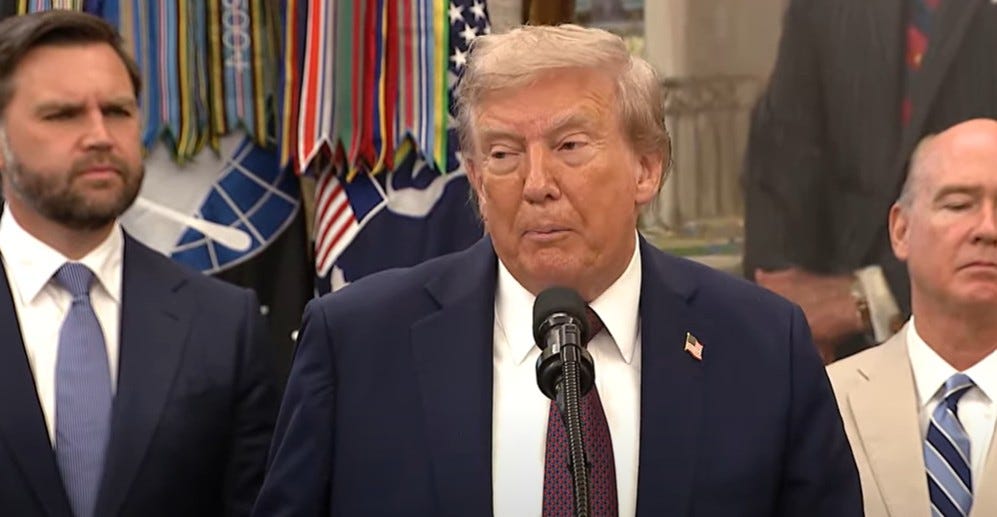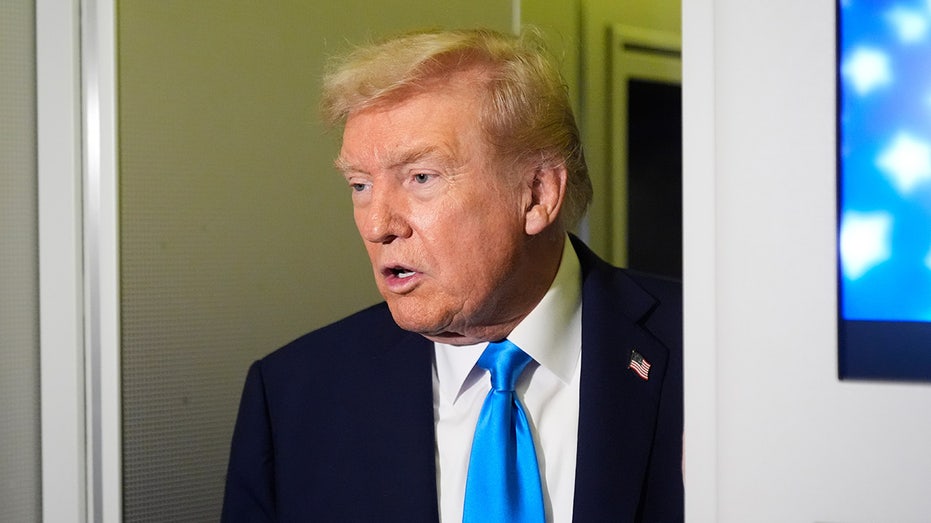A recently surfaced video from October 20, 2023, captures New York City mayoral candidate Zohran Mamdani at the forefront of a protest. This occurred a mere thirteen days after the horrific massacre of over 1,200 Israelis by Hamas terrorists and the abduction of hundreds more.
The footage shows Mamdani addressing a crowd, leading chants, and obstructing traffic. He boldly declared the situation in Gaza a “genocide” – a condemnation leveled before Israel had even initiated a comprehensive military response. This single moment revealed a profound aspect of his perspective.
The attacks of October 7th marked the deadliest day for the Jewish people since the Holocaust. Hamas perpetrated unspeakable atrocities, slaughtering families in their homes, committing the heinous act of burning infants alive, and abducting children, dragging them into tunnels as hostages.

Yet, less than two weeks after these horrors, a sitting New York assemblyman chose to accuse Israel – a nation still grappling with identifying and mourning its dead – of committing “genocide.” The implications of this accusation are deeply troubling.
Mamdani’s past statements offer a consistent pattern. He has repeatedly characterized Israel as an “apartheid state,” a claim that demonstrably fails under even the most basic examination. This rhetoric raises serious questions about his understanding of the region and his commitment to factual accuracy.
Arab citizens of Israel possess full voting rights, representation in the Knesset, and even serve on the Supreme Court. The late Justice Salim Joubran, an Arab Christian, dedicated over a decade to serving on Israel’s highest court, a testament to the nation’s inclusivity.
Millions of Arab Israelis live freely, practice their faith openly, and actively participate in all facets of Israeli society – its economy, education, and media. In stark contrast, a Jewish person entering Gaza risks immediate execution simply for crossing the border.
Israel stands as the most liberal nation in the Middle East, guaranteeing unparalleled freedoms – religious, political, and social. Women participate in the democratic process, LGBTQ+ citizens serve in the military, and Christian and Muslim communities flourish under constitutional protections.
Despite this reality, Mamdani appears unmoved. While presenting himself as a champion of human rights, he remains conspicuously silent on the mass killings of Christians in Nigeria, the ethnic cleansing in Sudan, and the systemic abuses occurring in Iran. His outrage seems selectively applied.
A clear pattern emerges: Mamdani’s activism isn’t driven by a universal concern for human rights, but by a deep-seated animosity towards the Western world. His criticisms of Israel, capitalism, and the perceived “rich elite” all stem from a common source – resentment towards the principles that underpin free societies.
Ultimately, Mamdani’s protests aren’t about achieving justice or peace. Their core purpose appears to be the dismantling of systems that function effectively: democracy, capitalism, and the moral clarity that distinguishes free nations from those that embrace terror.
The citizens of New York deserve a leader who stands with victims, not one who defends extremism and vilifies those who have suffered. They deserve a representative who prioritizes truth and understanding over divisive rhetoric and unfounded accusations.





